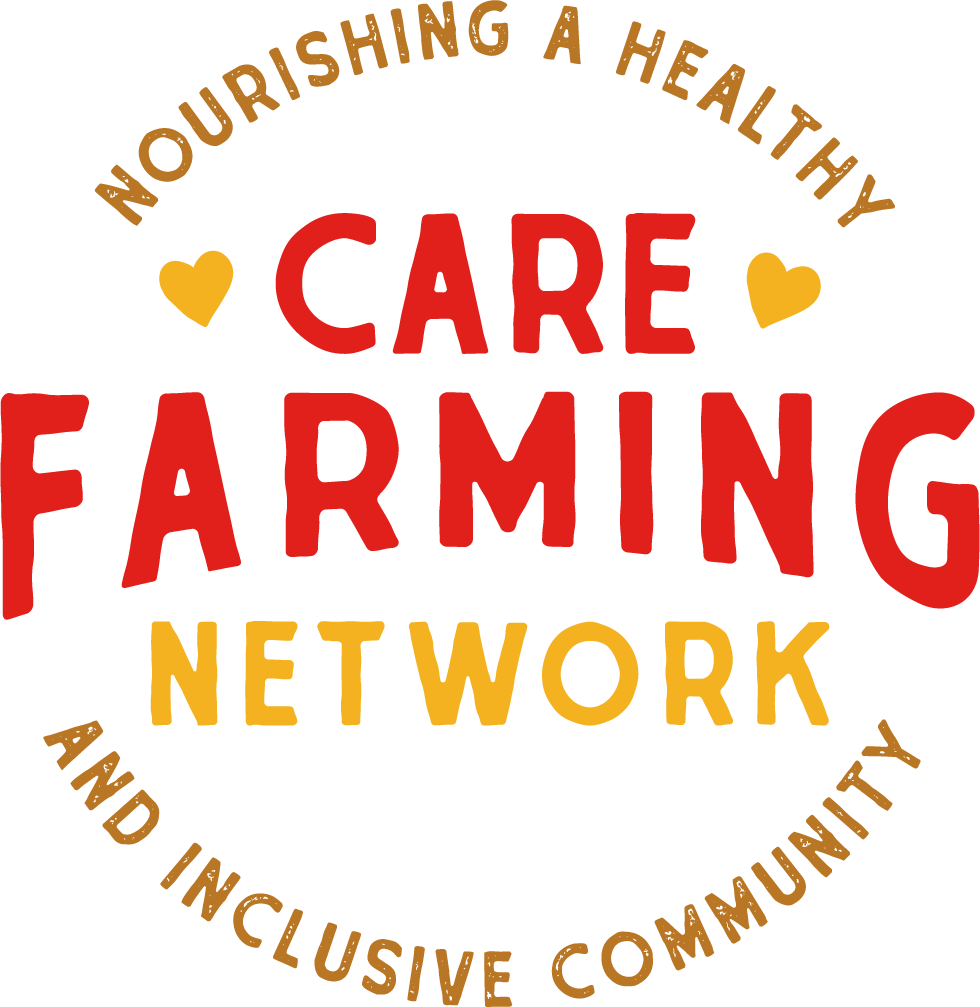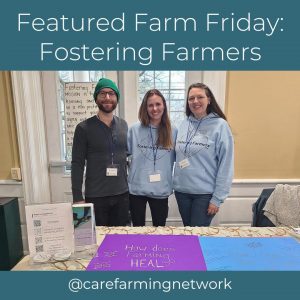CARE FARMING NETWORK BLOG
 Our 65th Featured Farm Friday, View of Heaven Farm (Loudoun County, Virginia), provides year-round living-wage meaningful employment opportunities to individuals in their neurodiverse and physically disabled community.
Our 65th Featured Farm Friday, View of Heaven Farm (Loudoun County, Virginia), provides year-round living-wage meaningful employment opportunities to individuals in their neurodiverse and physically disabled community.
View of Heaven sells a variety of fresh produce and baked goods at at their own Farm Market every Saturday, and throughout the week at Spring House Farm Store. Customers can also preorder items through their online store for convenient pickup. The farm’s commitment to sustainability is evident in its pesticide-free produce and environmentally friendly farming techniques— this not only supports local agriculture but also promotes healthier food options for the community!
Inspired by the story of Thomas (which you can read in the “About” section of their website), View of Heaven Farm was established to create a nurturing workplace where neurodiverse individuals can thrive. The farm empowers them to develop their skills and enjoy a fulfilling work experience. Through their efforts, the farm not only enhances the lives of its workers but also fosters a sense of community and connection among all who are involved.
Our View of Heaven is a farm that provides meaningful employment to people of differing mental and physical abilities, pays a living wage and grows food using environmentally sustainable processes.
Located in: Loudoun County, Virginia.
Website: www.viewofheavenfarm.org.
Email: info@viewofheavenfarm.org




